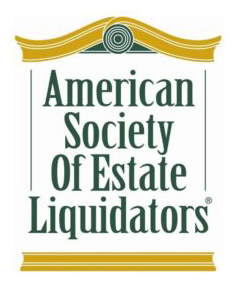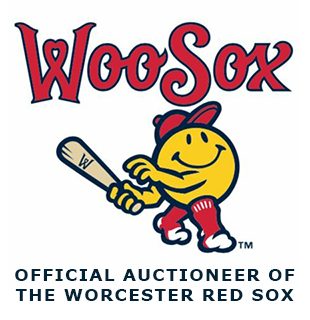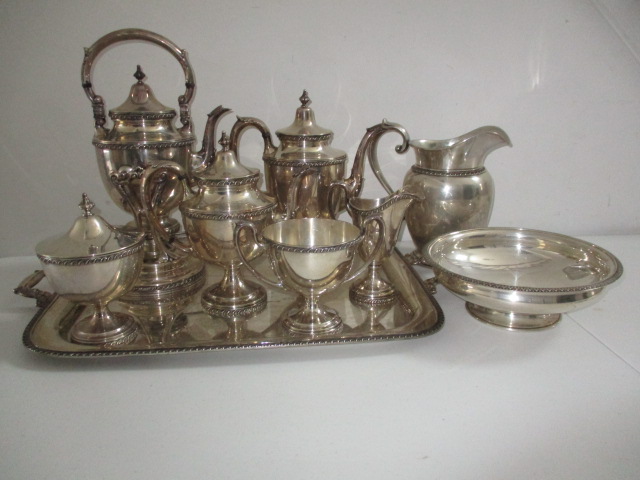
Manchester sterling silver holloware
When we think of fine sterling silver we tend to think of flatware and other utensils, but the most sought-after pieces and sets tend to include larger serving vessels, often referred to as holloware. Because they are not subject to quite the same wear and tear as utensils are, and because they simply are larger, serving pieces tend to feature more intricate silversmithing, and they form the centerpieces of fine dining sets. With greater capacity for customization, aesthetic appeal when not in use, and often a family-heirloom quality, sterling silver serving pieces often fetch high prices at auction.
If you have sterling silver serving pieces that have been in your family for at least a couple of generations, but no longer have a place at the table, there is a good chance a collector would love to acquire them.
Examples of potentially valuable silver serving pieces include:
- Trays
- 3-bowl serving dishes
- Kettles
- Teapots
- Pitchers
- Casseroles
- Cloches
- Ice buckets
- Salt cellars
- Salt & pepper shakers
- Goblets
- Gravy boats
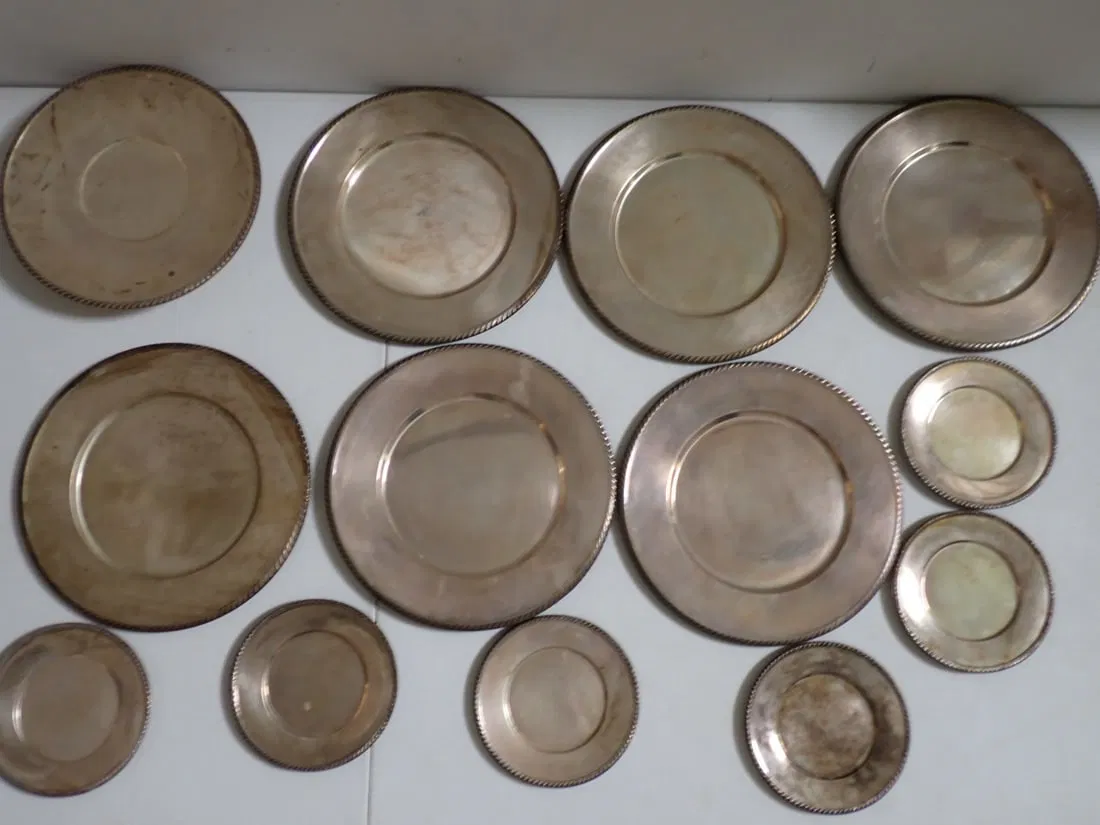
Webster Sterling Silver Cake Plate, Dinner Plates, and Dessert Plates – sold at auction for $3,250
Complete sets tend to be the most valuable, more so than individual pieces or sets that are missing any pieces.
Unpolished or carefully polished sterling also is more attractive and valuable. A small amount of “dirt” in the lines gives a piece some definition and character. When polished out, the lack of any grime or patina makes sterling look two-dimensional. Avoid polishing sterling if possible. If you must polish it, just use a silver polishing cloth and a very light touch.
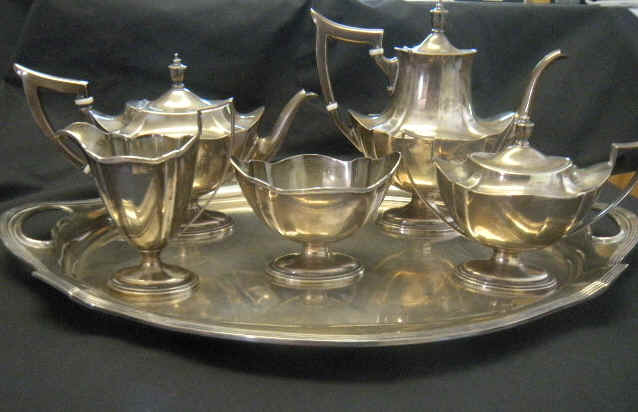
Gorham Plymouth sterling tea set
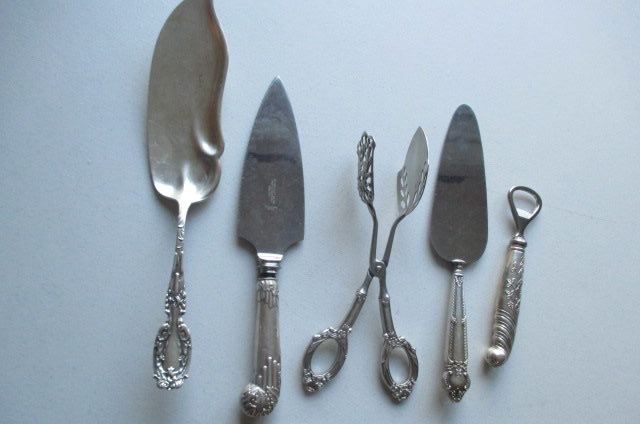
Sterling silver serving utensils
Non-serving pieces, like candlestick holders, vases, ladles, and carving sets can complement the silver holloware, round out the set, and add to the sale price at auction.
Sterling pieces made by noted silversmiths usually are the most sought-after, but estate silver pieces also can sell well at auction.

